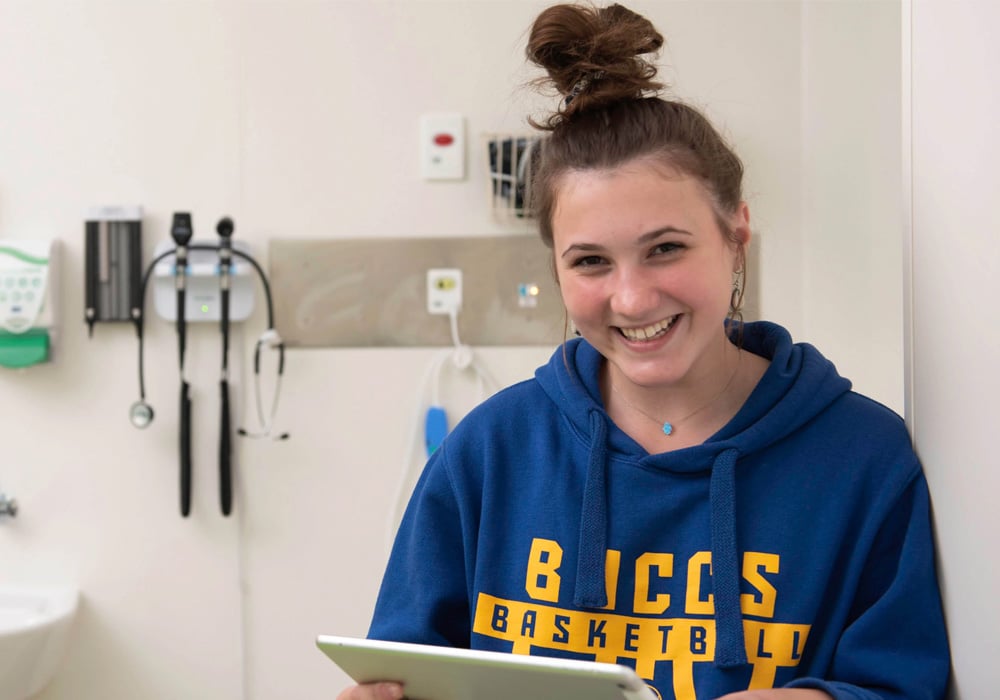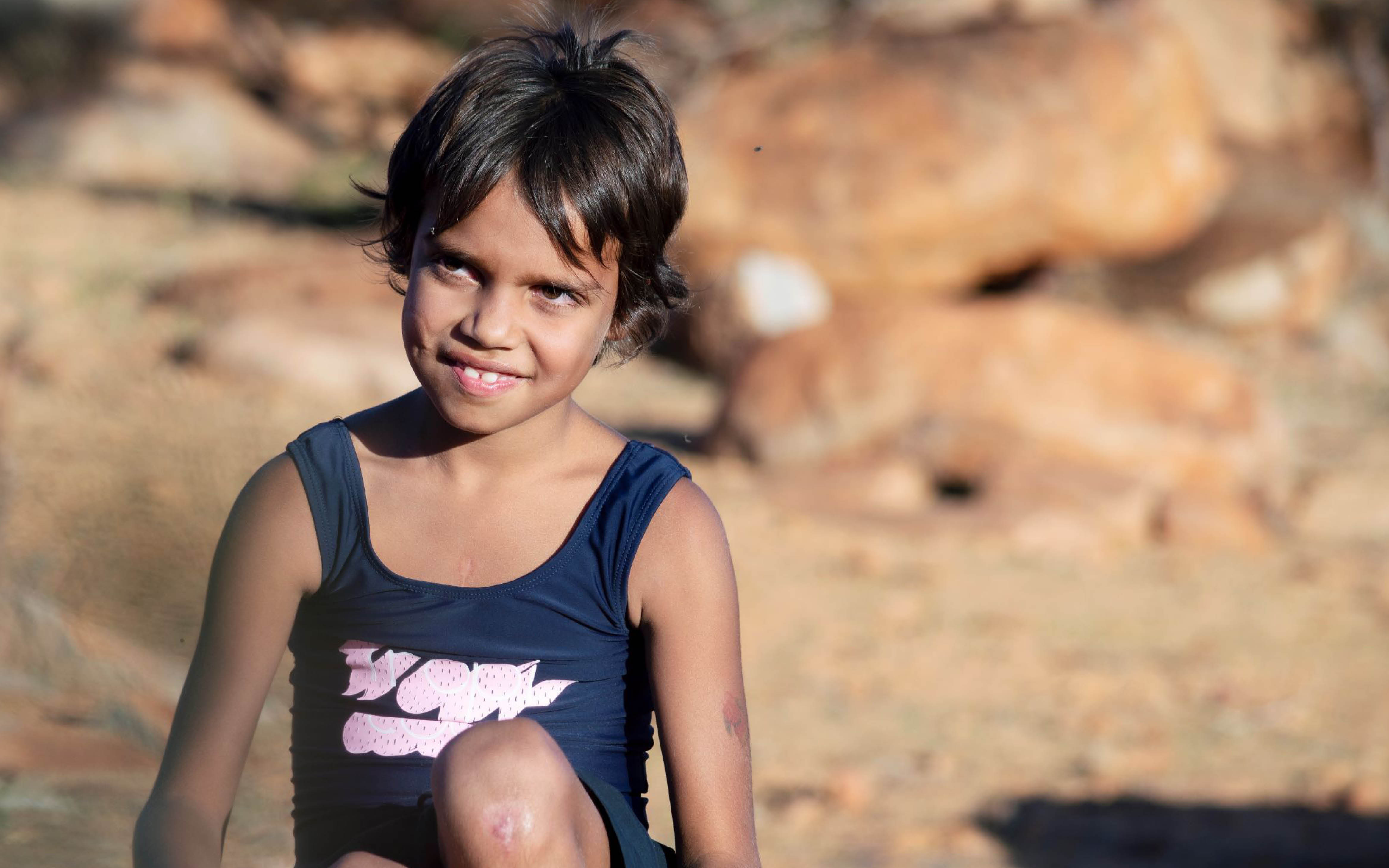Search

News & Events
Major grants fuel child health researchSix researchers from The Kids Research Institute Australia have been awarded $8.9 million in prestigious Investigator Grants from the National Health and Medical Research Council.

News & Events
WA leading the race to stop one of the deadliest bugs on the planetIn Perth, The Kids Research Institute Australia is spearheading global efforts to tackle this insidious bacterium and reduce its impact on kids’ health.

News & Events
Five researchers from The Kids awarded Early Career Child Health Researcher FellowshipsFive researchers from The Kids Research Institute Australia have been awarded three-year fellowships with the aim of keeping more WA-based PhD graduates involved in child health research.

The Infectious Disease Implementation Research Team is a multi-disciplinary group researching the best way to implement infectious disease prevention and treatment strategies to improve the wellbeing of children and teenagers.

The Strep A Translation team aim to understand the epidemiology of Strep A infections in Australia and the world. Alongside this, they explore the implementation of endgame recommendations, health economics and new horizons.
Research
Targeting the mucosal immune system in a mouse model to prevent pregnancy complications following maternal bacterial infectionThis work is the first step to develop safe treatments for pregnant mums to protect against preterm delivery and low birth weight caused by maternal infections.
Research
Carriage prevalence of extended-spectrum β-lactamase producing enterobacterales in outpatients attending community health centers in Blantyre, MalawiAntimicrobial resistance due to extended-spectrum β-lactamase (ESBL) production by Enterobacterales is a global health problem contributing to increased morbidity and mortality, particu-larly in resource-constrained countries. We aimed to determine the prevalence of extended-spectrum β-lactamase-producing Enterobacterales (ESBL-E) in community patients in Blantyre, Malawi.
Research
Socio-Ecological Systems Analysis and Health System Readiness in Responding to Dengue Epidemics in Ilala and Kinondoni Districts, TanzaniaSince 2010, Tanzania has been experiencing frequent outbreaks of dengue. The objectives of this study were to carry out a socio-ecological systems analysis to identify risk factors and interventions and assess the readiness of the district in the prevention and control of dengue.
Research
Respiratory follow-up to improve outcomes for Aboriginal children: twelve key stepsAmong Aboriginal children, the burden of acute respiratory tract infections (ALRIs) with consequent bronchiectasis post-hospitalisation is high. Clinical practice guidelines recommend medical follow-up one-month following discharge, which provides an opportunity to screen and manage persistent symptoms and may prevent bronchiectasis.
Research
Defining Age-specific Relationships of Respiratory Syncytial Virus and Rhinovirus Species in Hospitalized Children With Acute WheezeAcute wheezing is one of the most common hospital presentations for young children. Respiratory syncytial virus (RSV) and rhinovirus (RV) species A, B and the more recently described species C are implicated in the majority of these presentations. However, the relative importance and age-specificities of these viruses have not been defined.
